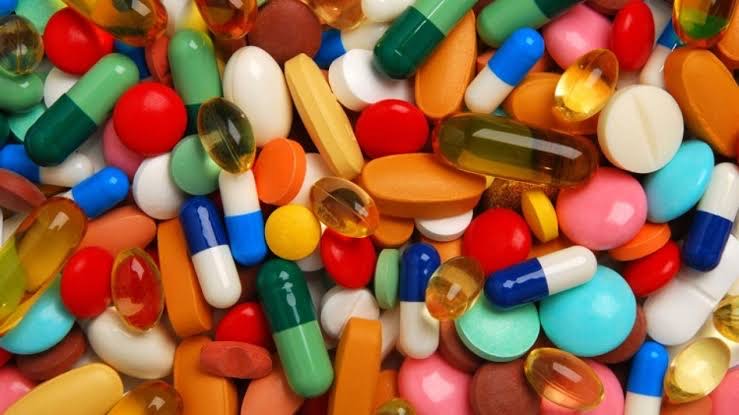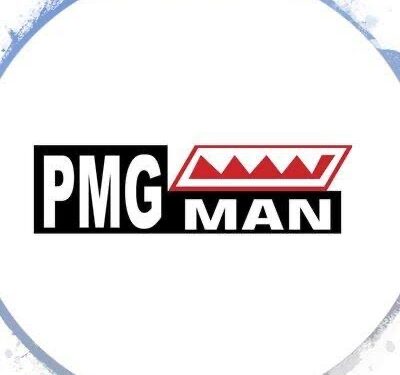The Pharmaceutical Manufacturers Group of the Manufacturers Association of Nigeria (PMG-MAN) on Sunday lamented the shortage of foreign exchange in the country, saying it is adversely affecting the local pharmaceutical industry.
They attributed the pullout of some pharmaceutical multinational companies from Nigeria to exchange rate fluctuations. The group expressed their concern at a press conference in Lagos to mark the 7th Nigerian Pharmaceutical Manufacturing Expo (NPME) scheduled for September 4th and 5th.
Some multinational pharmaceutical companies, including GlaxoSmithKline and Sanofi Nigeria, withdrew from the country last year. GlaxoSmithKline (GSK) will cease operations in Nigeria in August 2023, ending a 51-year existence, while French pharmaceutical giant Sanofi withdrew from the country in November.

NPME 2024 Local Organizing Committee chairman Patrick Aja said a stable exchange rate is essential for the development of the country’s pharmaceutical industry.
Aja, a pharmacist and managing director of May & Baker, said many companies are also ready to implement and repeal the recently announced executive order.
On June 29, President Bola Tinubu signed an executive order abolishing customs duties and value-added tax on pharmaceutical imports. The regulation zeroes out customs duties, excise duties, and value-added tax on specialized machinery, equipment, and pharmaceutical raw materials to enhance local production of essential healthcare products. The order is yet to come into effect. According to him, with the right support, Nigeria can produce 70 percent of the medicines it consumes. He cited India as an example, saying the country has supported its domestic pharmaceutical industry and is now known for its drug production.
Aja stressed that while Nigeria has the capacity to produce various medicines locally, many companies lack the financial resources to invest in new facilities or upgrade existing ones.

According to him, the recent devaluation of the naira has exacerbated the situation. He called for a reduction in interest rates as the current interest rate of up to 30 percent is a major barrier to investment in the industry.
PMG-MAN Executive Director Frank Muoneme asserted that 40 percent of medicines currently used in the country are produced by local pharmaceutical companies. However, he called for a partnership between the government and local companies, as in other industries such as cement manufacturing and oil.
Muoneme stressed that a strong domestic pharmaceutical industry would also strengthen national security. He also cited the example of pharmaceutical production in India, saying the country has prioritized its domestic industry amid the COVID-19 pandemic, and advised the federal government to adopt the right approach.
He said the ambitious objective of the expo was to lead Nigeria towards self-sufficiency and medicine safety and to put an end to dependency on imported medicines. He said that PMG-MAN members not only contribute by overcoming barriers to access to medicines but also contribute significantly to the development of the country through job creation, tax payment, etc.


































